Prions – novel infectious agents differing from all other known pathogenic agents
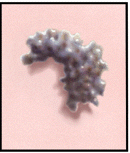 |
Prions are simple proteins that are much smaller than viruses. They are unique since they lack a genome. All other known infectious agents contain genetic material. |
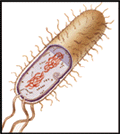
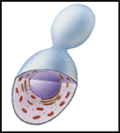
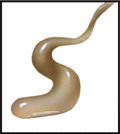
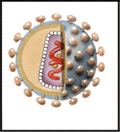
Nobel Prizes and laureates
Six prizes were awarded for achievements that have conferred the greatest benefit to humankind. The 12 laureates' work and discoveries range from proteins' structures and machine learning to fighting for a world free of nuclear weapons.
See them all presented here.
Explore prizes and laureates
Look for popular awards and laureates in different fields, and discover the history of the Nobel Prize.
